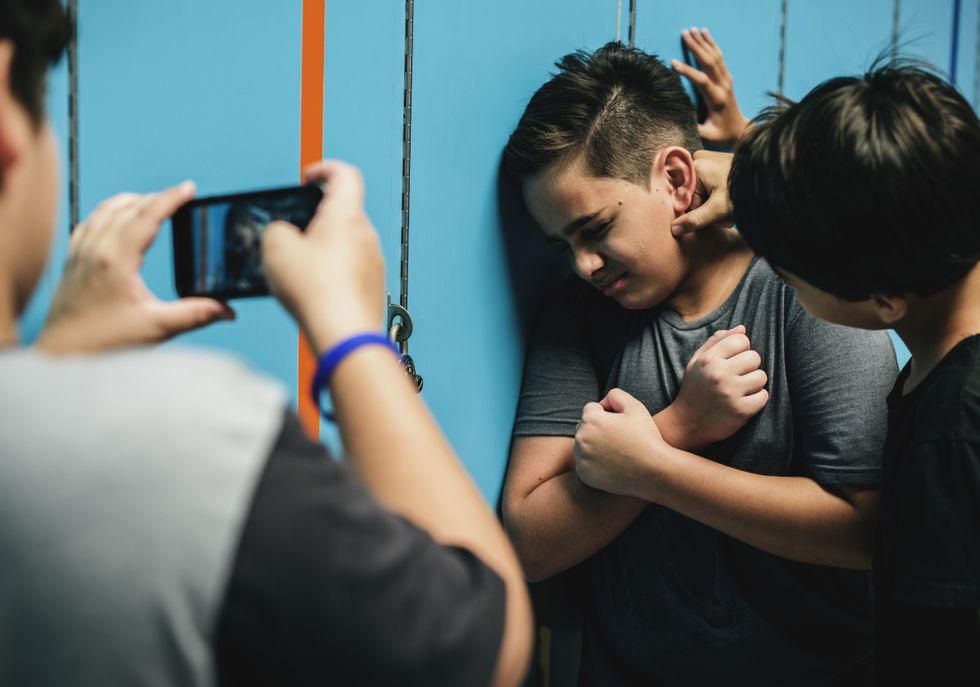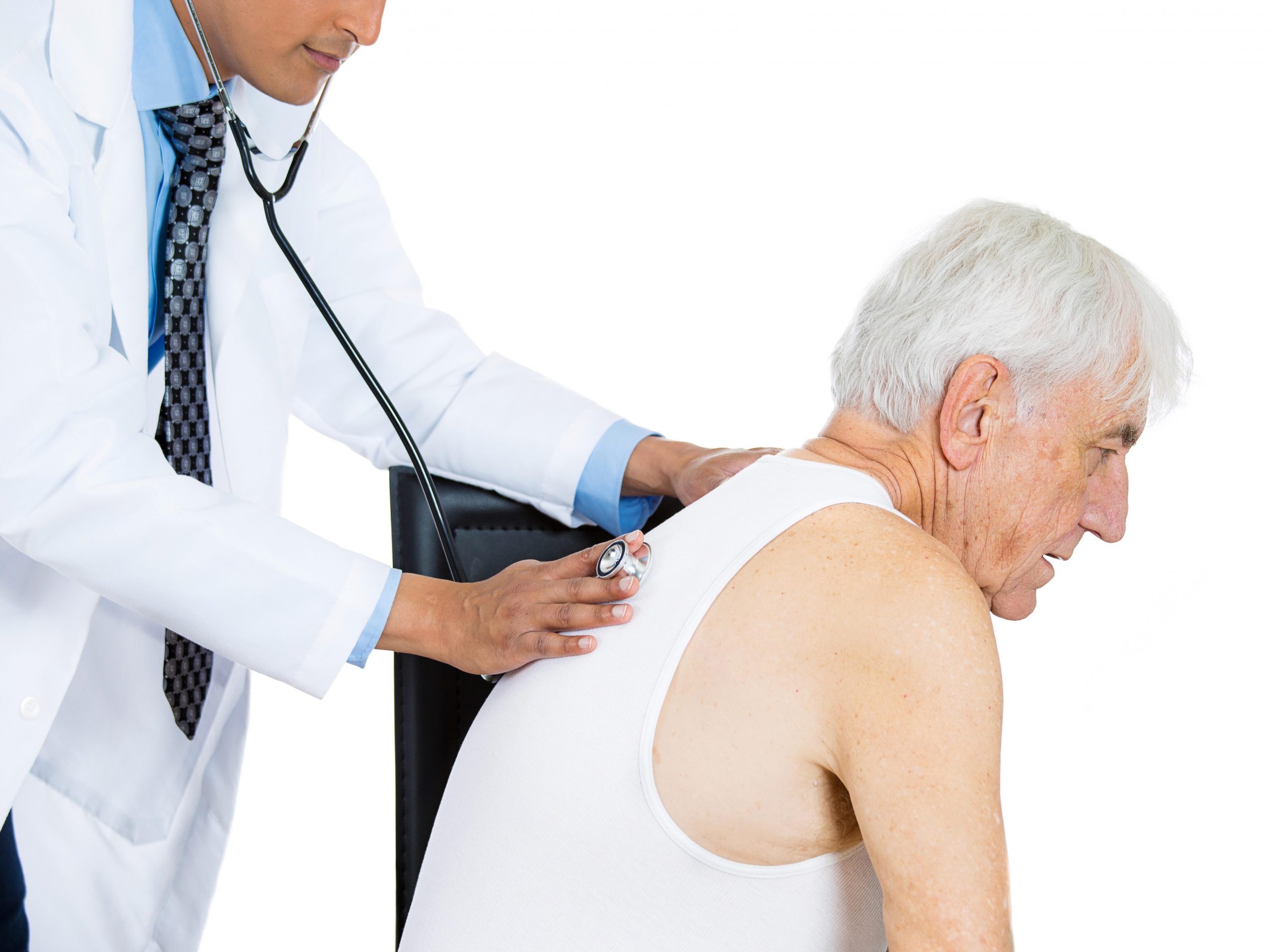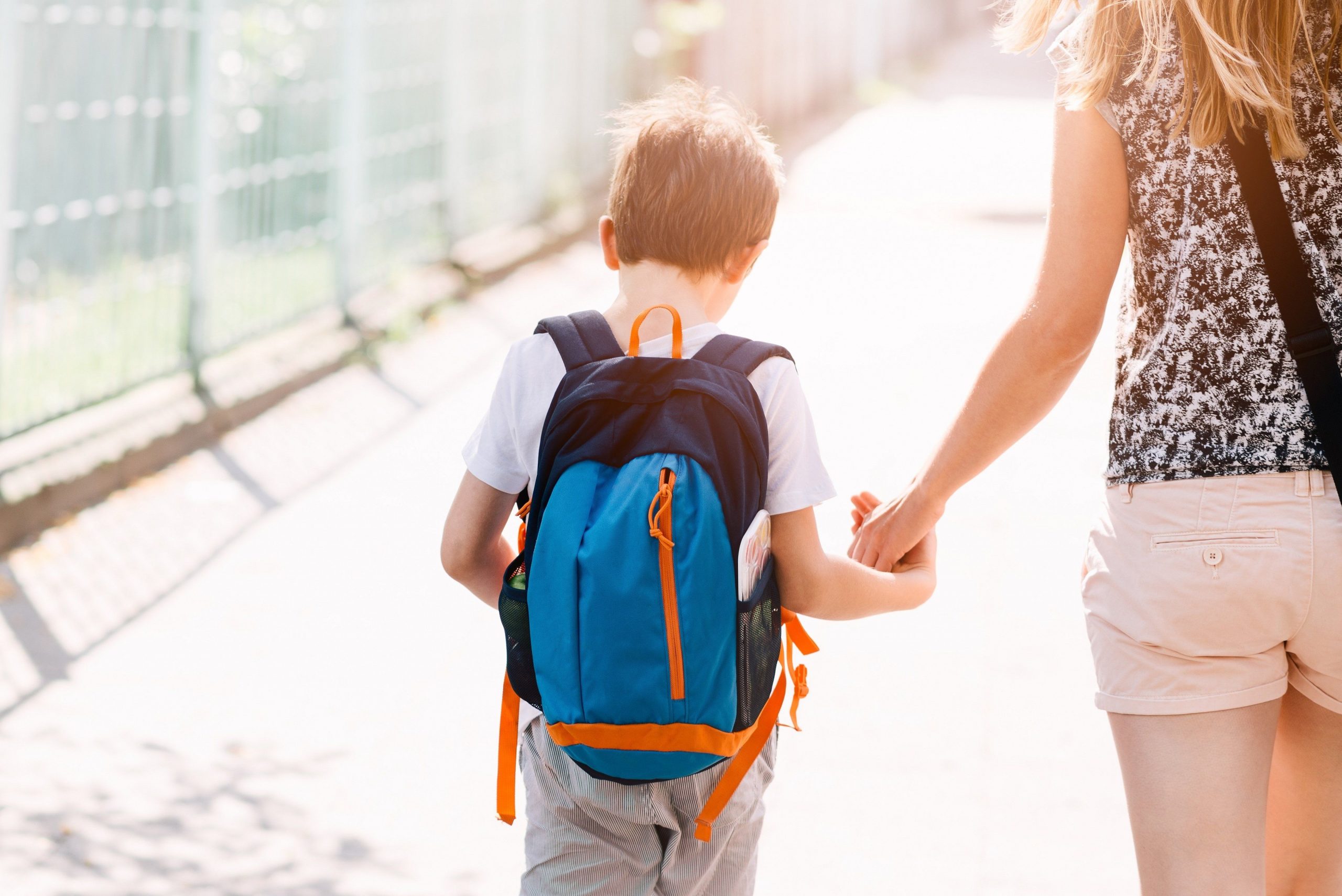
So, your high schooler has been complaining of headaches. Should you worry? Maybe, claims new research that finds bullying and suicidal thoughts are both linked to more frequent headaches in teens. “Headaches are a common problem for teenagers, but our study looked beyond the biological factors to also consider the psychological and social factors that… read on > read on >






























